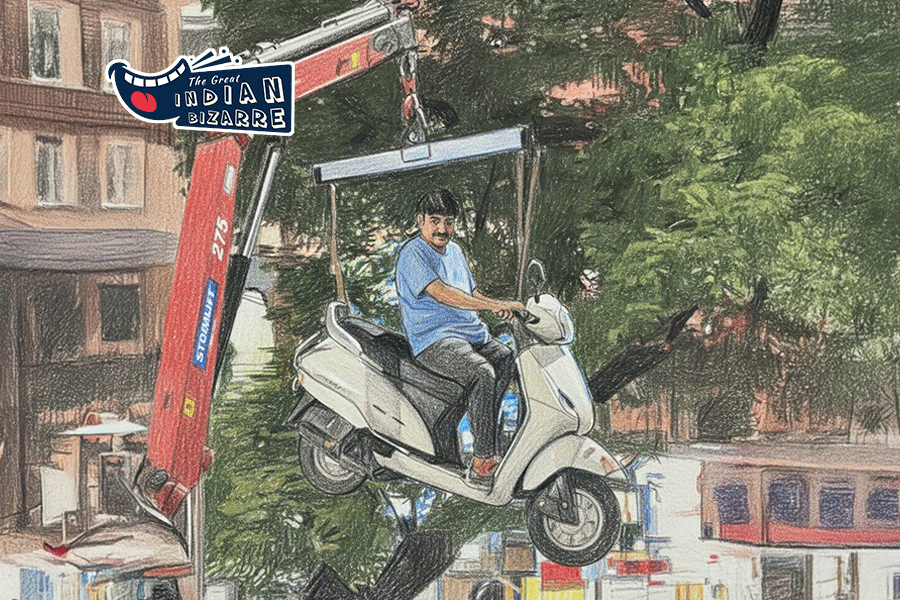Bhubaneswar, Aug. 9: The department of higher education has received at least 20 cases of manipulation in common application forms (CAF) in which the reference numbers of the applicants have been tampered with.
Reference numbers, provided to the candidates while submitting the form online, could be used in case the person wants to make any modification in the CAF.
“So far, we have received 20 complaints regarding manipulation in application forms so we have issued instructions to the applicants to keep the reference numbers confidential,” said Sankarsan Das, project manager of Plus Two and Plus Three e-admissions.
A candidate was required to take two printouts of the online CAF after filling in all the details. One copy served as the applicant’s copy and the other was supposed to be submitted at any of the 377 students academic management system (Sams) resource centres set up across the state.
The candidates were allowed to modify their CAFs within 24 hours of submitting the online form. In that case, the candidate had to submit an application letter at the Sams resource centre notifying the changes made in the online CAF.
However, this feature was allegedly misused by authorities of private institutions and internet café owners by illegally securing the reference number and ID of the candidates. After the last date for submission of forms, a team of validators crosschecked the college copy of the applicants and those submitted online and found at least 20 cases where the forms had been tampered with.
“There has been gross manipulation by cyber cafés operators, who had helped students in filling the forms online. They either memorised the reference number or retrieved it from the internet history. The status of the application form could be changed during the 24-hour limit and this gave scope to many mischief mongers to tamper with the students’ preferences,” said S.N. Mohanty, principal of BJB (Junior) College, Bhubaneswar.
The e-admission process has invited severe criticism from various quarters. A large number of students, especially in rural and semi-urban areas, who were not computer savvy, were unable to understand the process. Even headmasters and teachers in some schools were ill-equipped to instruct the students in filling up the forms.
“Added to the internet-related problems, the e-admission process is neither faster nor error-free. There are other restrictions. The option to go lower down the order of preferred colleges is not available for students,” said a teacher of a premier college in Bhubaneswar.











